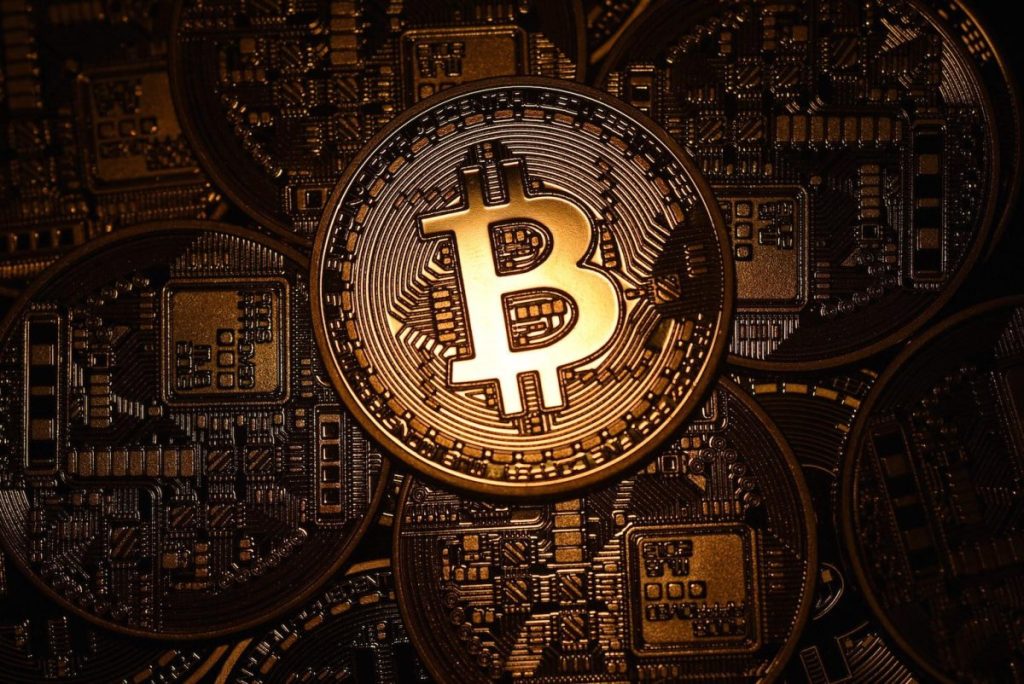Want to know kdy koupit bitcoin? Bitcoin is a type of digital currency that can be used to buy goods and services without the need for an intermediary. It is not backed by physical assets, so its value fluctuates depending on the demand for it.
It’s a risky investment, so you should be prepared for significant drawdowns. But if you’re looking to invest in this market for the long term, you can make some profits.
How to buy
Bitcoin is a form of digital currency that debuted in 2009 and is rapidly rising. It is a highly volatile and risky investment. You should invest only if you understand the risks and have enough time to watch the market closely.
To buy bitcoin, you must first sign up for a crypto exchange or wallet and verify your identity by going through the KYC process. Once verified, you can then link your credit card and start buying crypto.
Using cash in person is another option, though it is not as secure as using an exchange. There are several peer-to-peer marketplaces that allow you to meet up with local people who will buy your bitcoin for cash.
Peer-to-peer exchanges tend to charge a markup on the rate of BTC. It can be as much as 5-10% on sites like Bybit https://www.bybit.com/en-US/ .
Legality
As the use of cryptocurrencies continues to grow, governments are increasingly debating how to regulate them. Some are more crypto-friendly than others, while others haven’t made up their minds yet.
Bitcoin’s decentralized nature, volatility, and the potential for financial crimes have led several countries to ban it altogether. However, others recognize it as a potential way to reduce money laundering and fraud.
While legality can be a tricky concept, there are some basic rules you should know when buying bitcoin.
Generally, legal rights are enforceable in the courts. Unlike moral rights, which are not always enforced, law is primarily oriented towards practical application.
A lawful right is one that conforms to the laws of the country it governs. It may be a contract, an immunitiy, a claim, or a power (see Raz 1994: 256).

Exchanges
Exchanges allow traders to trade a variety of assets, including cryptocurrencies. The exchanges aggregate buying and selling orders into an ‘order book’ and match them up with other buyers or sellers in the market.
The exchanges make their money through listing and transaction fees on underlying assets as they are traded and through data-gathering fees for real-time market intelligence. The information they provide to traders is invaluable, especially for sophisticated buyers and sellers who need to know when prices are changing quickly.
Some exchanges also offer a service called margin trading, which allows investors to leverage their funds on the exchange in order to gain higher returns. Margin trading is risky, however, and losses can be amplified.
In the United States, exchanges must comply with anti-money laundering (AML) and Know Your Customer (KYC) regulations. You can determine whether an exchange is regulated by looking for compliance statements on their website.
Storage
There are a variety of ways to store Bitcoin, from mobile wallets to hardware wallets. Some methods are better than others, and selecting the right one depends on your specific needs and preferences.
Cold storage is an offline method of storing bitcoin that protects private keys from hacking or theft. This can be done by storing your private keys on a USB drive, in a password-protected file or in a hardware wallet.
Hot wallets, on the other hand, are connected to the internet and may be vulnerable to hacking or theft if you don’t keep them locked securely. This is why many experts recommend storing your coins in cold wallets instead.
The main reason why it is important to store your crypto in cold wallets is that they protect your private keys from hackers. These are the key elements of your wallet that allow you to use your coins.
